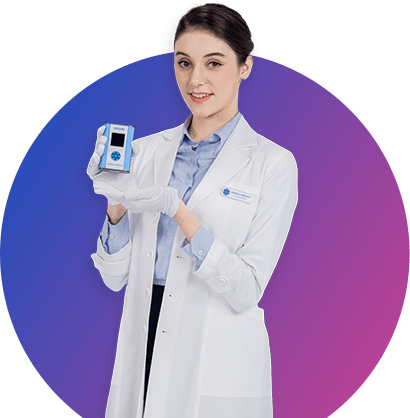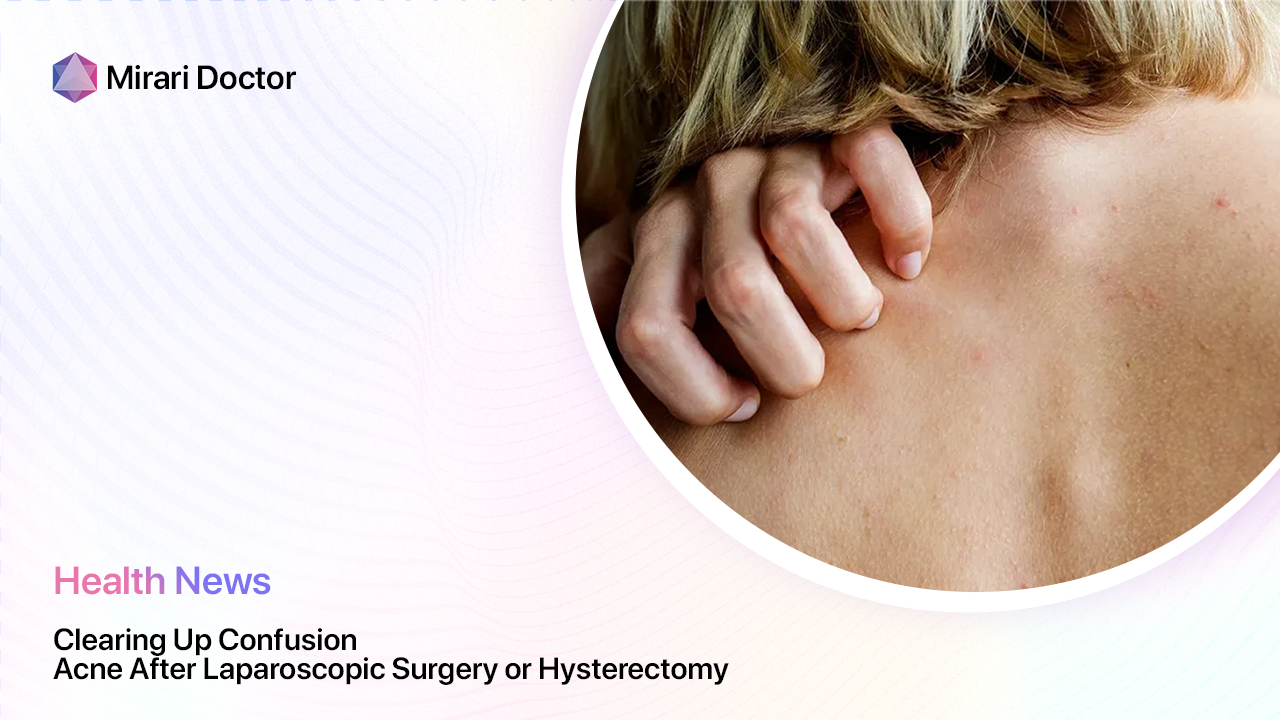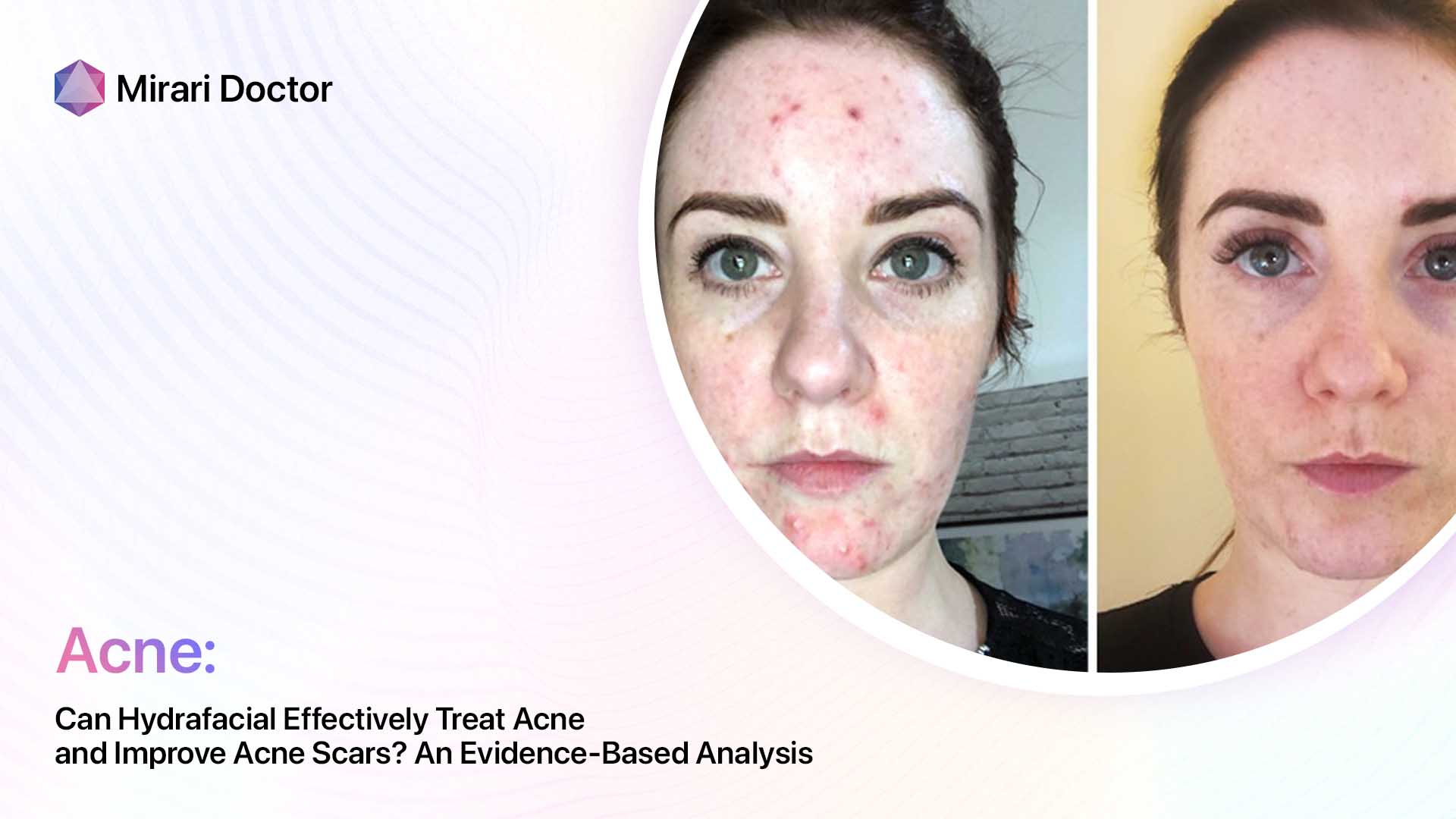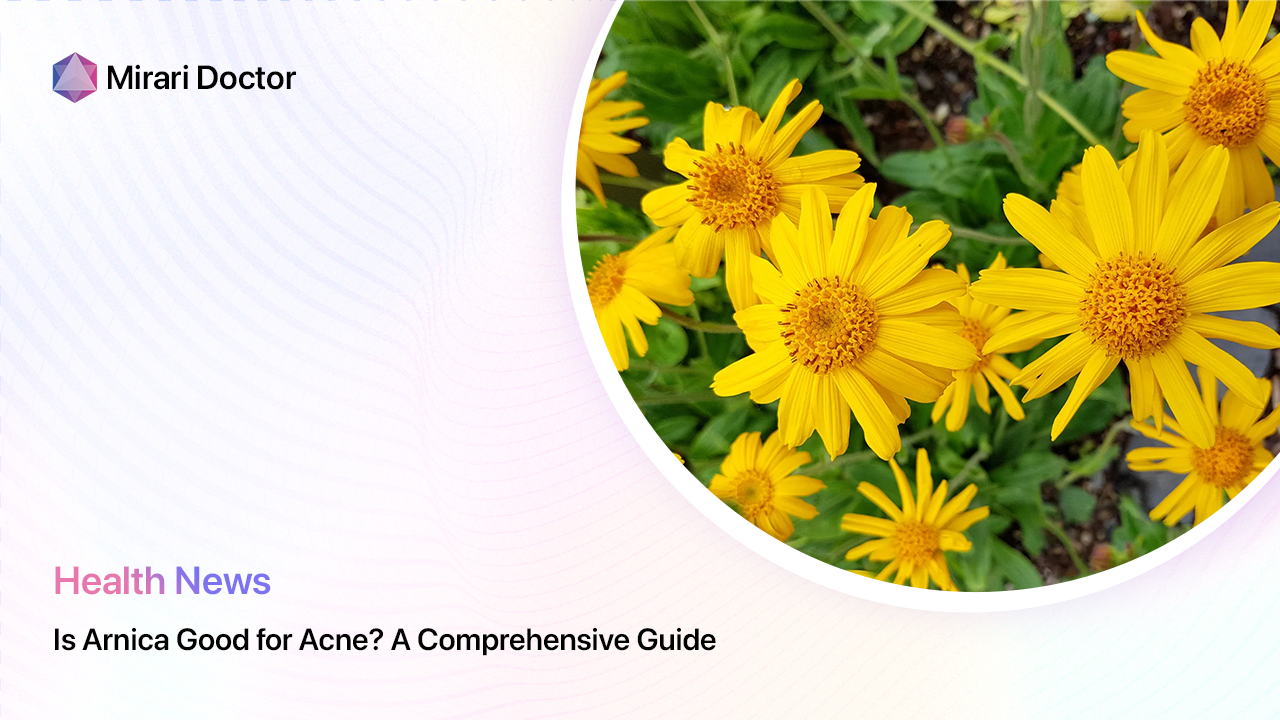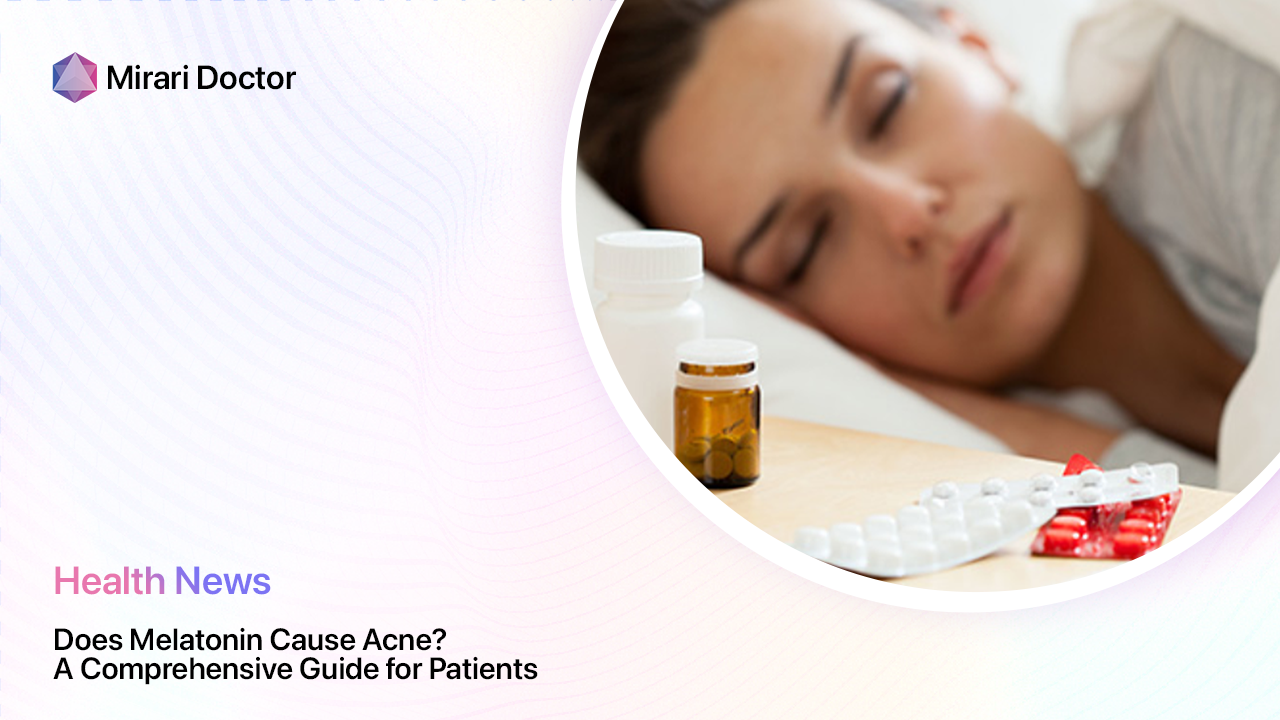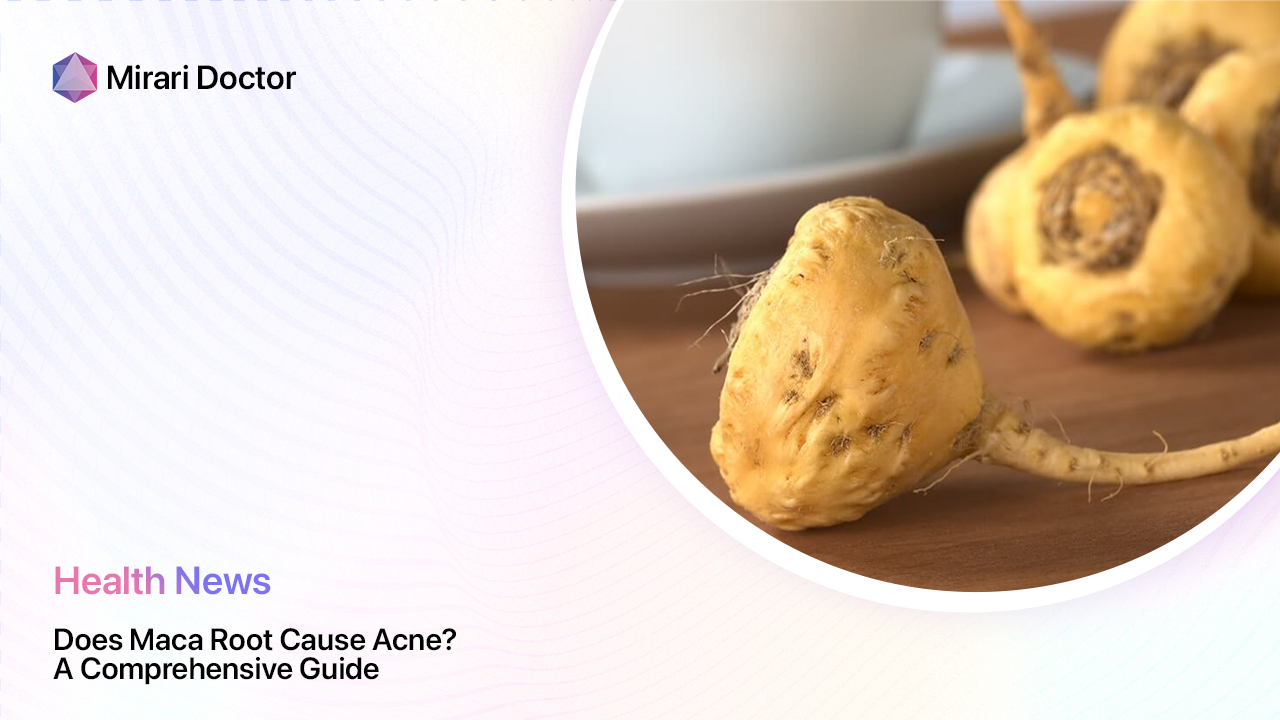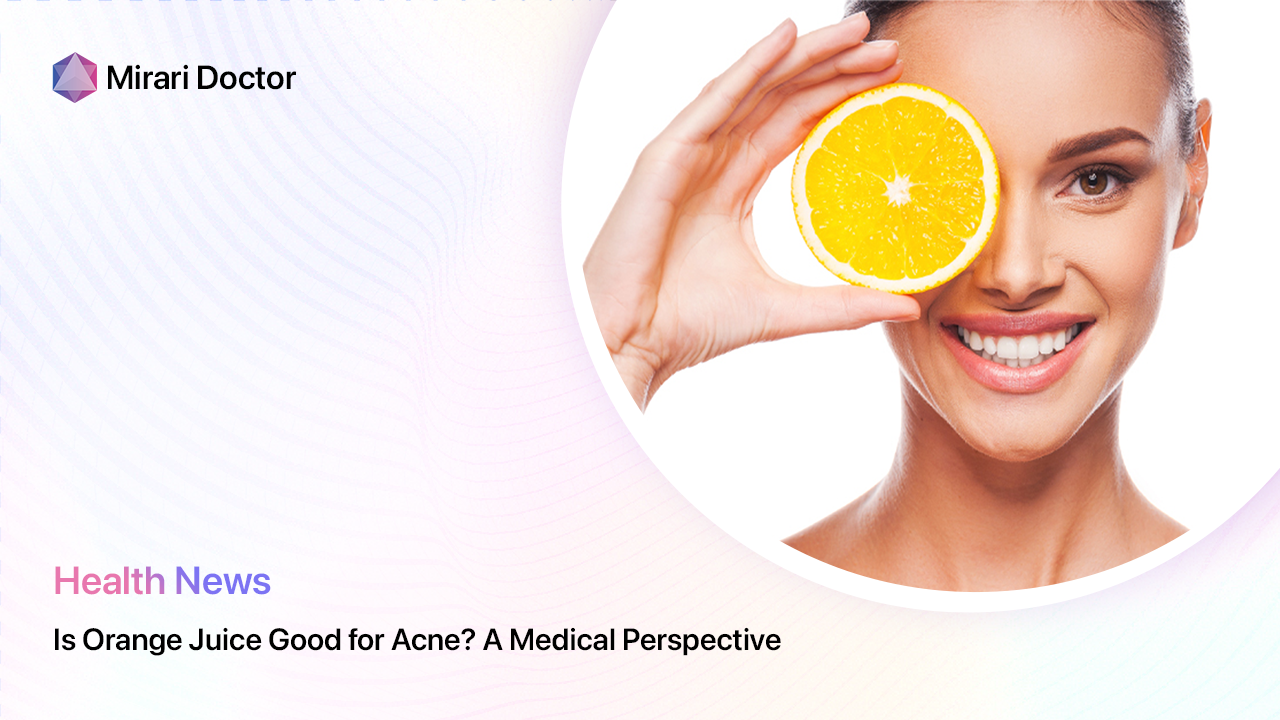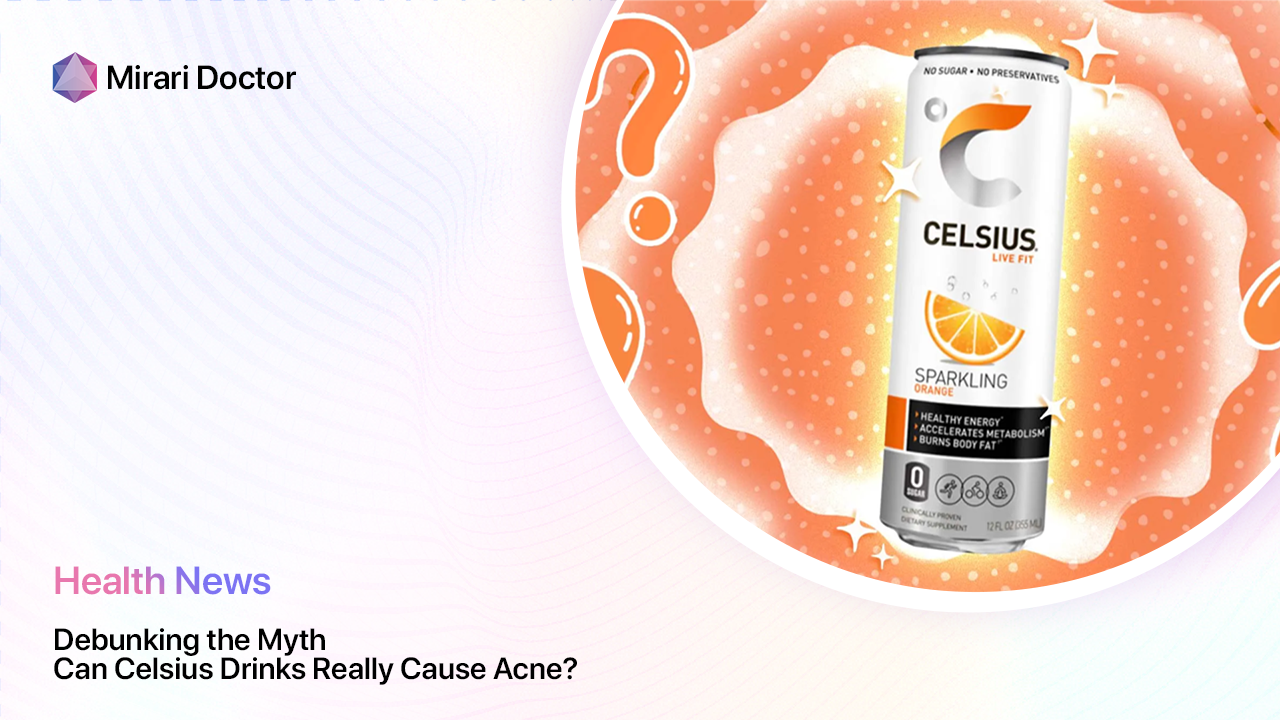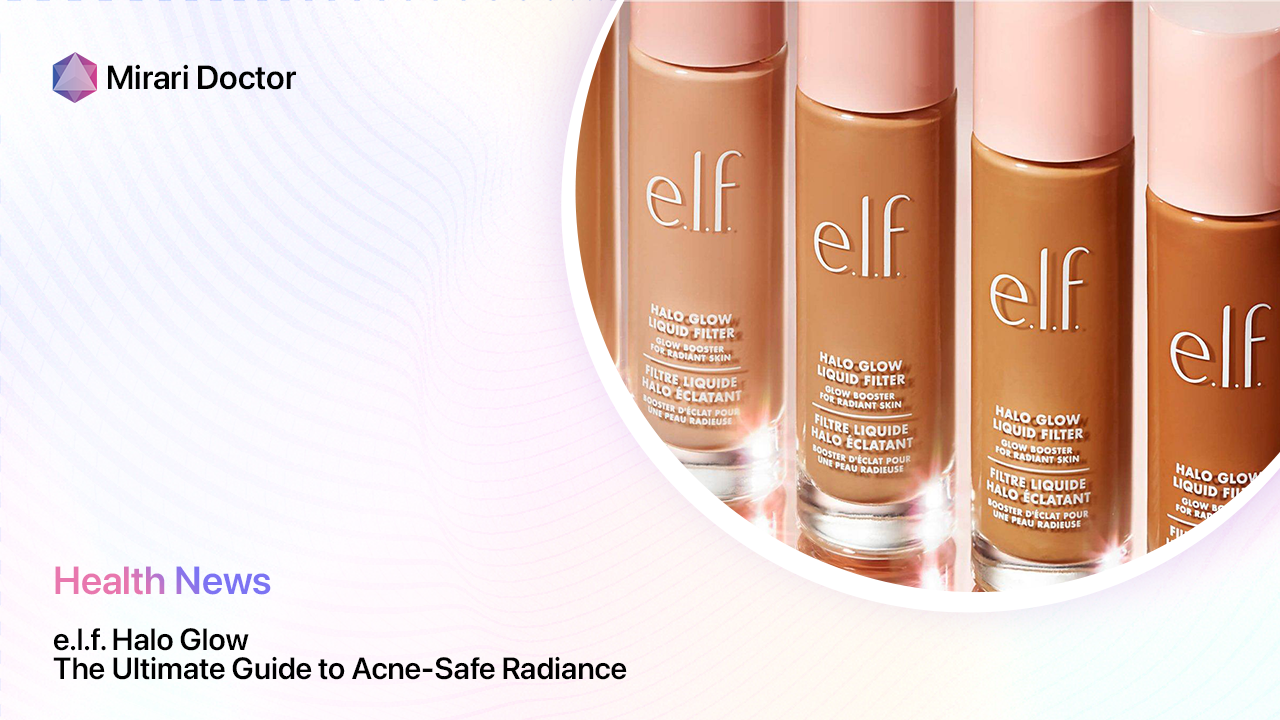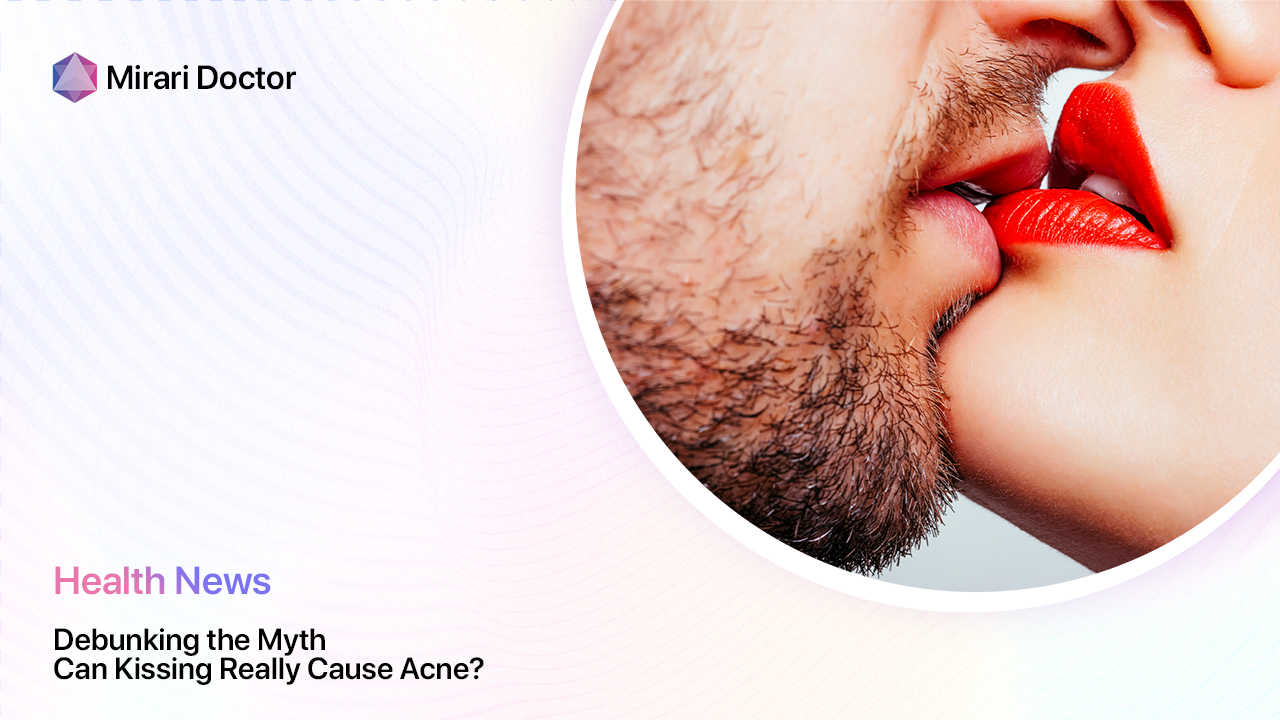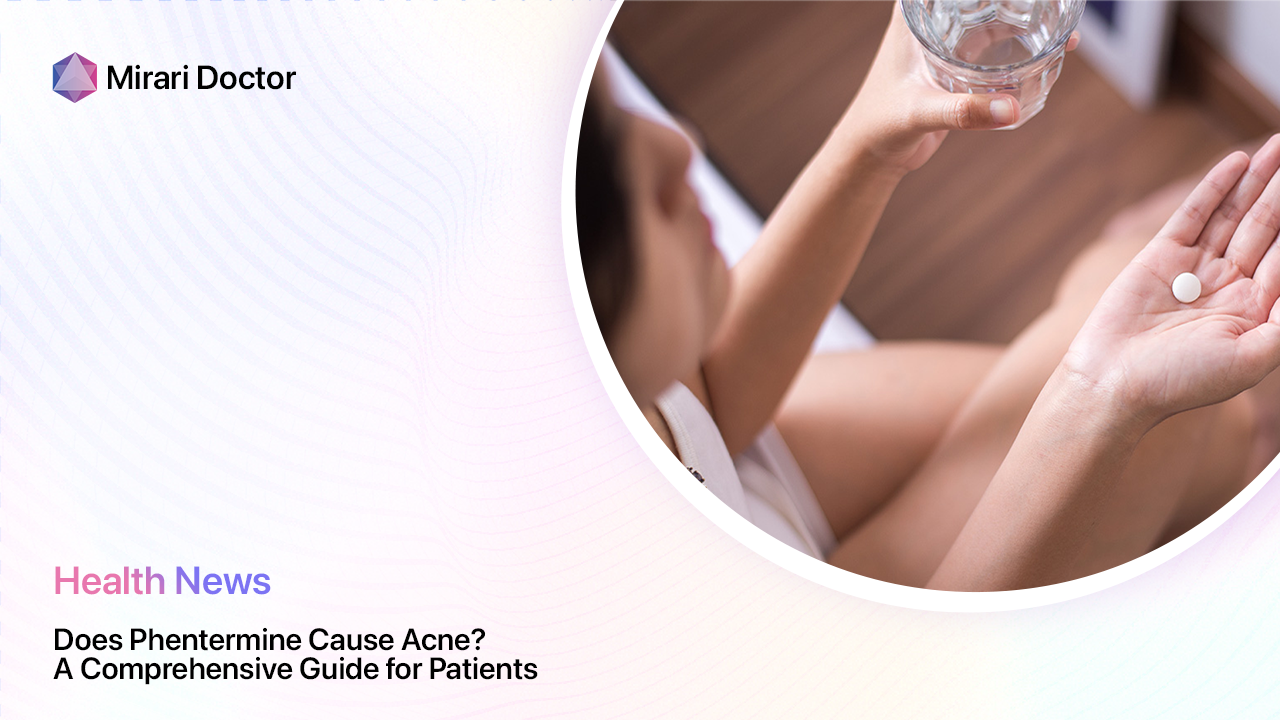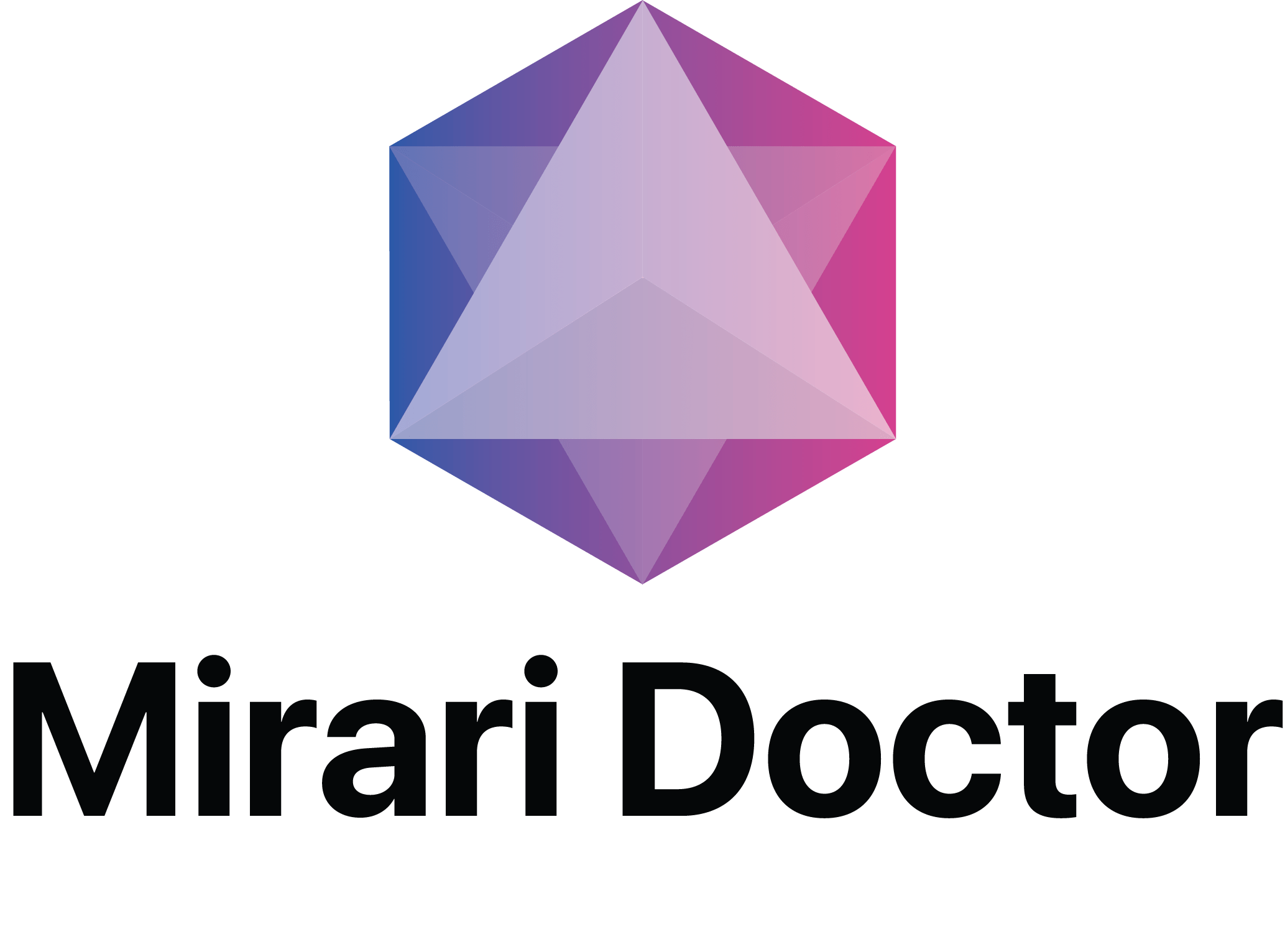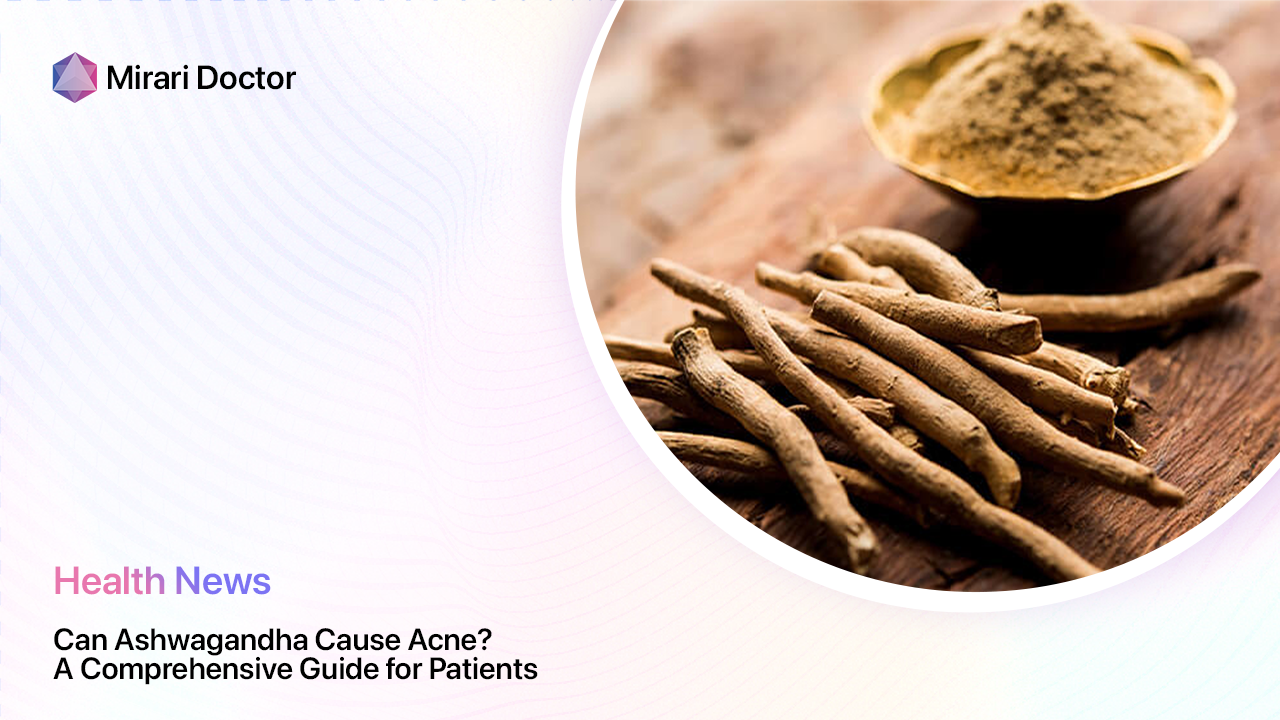
Ashwagandha, also known as Withania somnifera or Indian ginseng, is an ancient medicinal herb that has been used for centuries in Ayurvedic medicine. It is renowned for its adaptogenic properties, meaning it helps the body cope with stress. Ashwagandha is commonly used to reduce anxiety, improve brain function, boost fertility and testosterone in men, and even increase muscle mass and strength[1].
However, one potential side effect that has been debated is whether ashwagandha can cause or worsen acne. As a medical professional, I often get asked by patients if taking ashwagandha supplements could lead to breakouts. In this comprehensive article, we’ll dive deep into the current scientific evidence to determine if there is a link between ashwagandha and acne. We’ll also discuss who may be at higher risk, proper dosage, and when to see a doctor about acne concerns.
What is Ashwagandha?
Ashwagandha is a small woody shrub native to India and North Africa. The roots and berries of the plant are used to make medicine. It is classified as an adaptogen, a substance that helps the body resist physical and mental stress[2].
The key bioactive compounds in ashwagandha are called withanolides. These steroidal lactones are believed to be responsible for the herb’s medicinal properties. Ashwagandha is used to treat a variety of conditions, including:
- Stress and anxiety
- Fatigue
- Low testosterone and infertility in men
- Inflammation
- Arthritis
- High blood sugar
- High cholesterol
- Trouble sleeping (insomnia)
Ashwagandha is available in the form of capsules, powders, tinctures, and teas. It has become a popular supplement in recent years due to its wide-ranging potential health benefits.
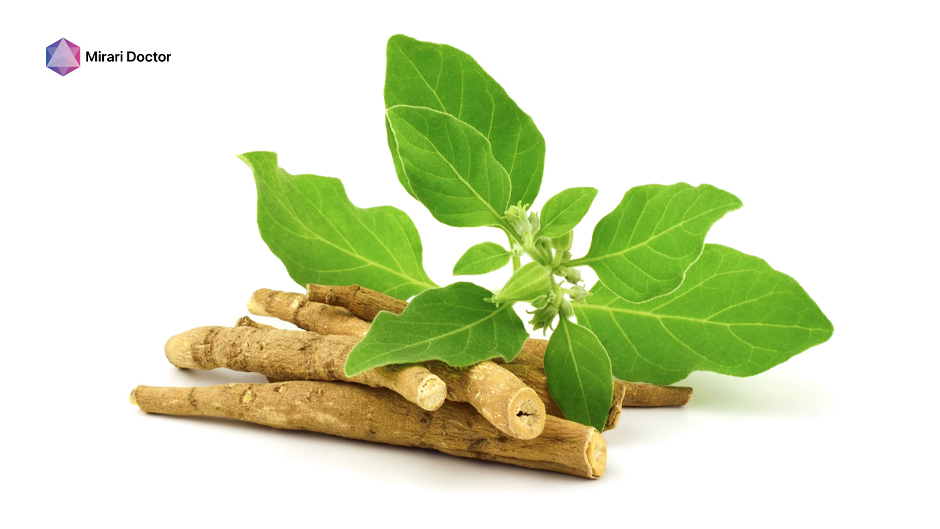
How Ashwagandha Affects Hormone Levels
One mechanism by which ashwagandha could potentially influence acne is through its effects on hormone levels. Acne is often triggered by hormonal changes, especially increases in androgens like testosterone.
Several studies have found that ashwagandha may boost testosterone levels in men[3]. In one study, 75 infertile men saw a 17% increase in testosterone levels after taking ashwagandha for 3 months[4]. Increased testosterone is thought to stimulate the sebaceous glands in the skin, leading to higher sebum production and oily skin – which can clog pores and cause acne.
However, it’s important to note that ashwagandha likely only helps restore testosterone levels to a healthy range. It is not believed to cause testosterone levels to skyrocket above normal like anabolic steroids would. Therefore, the effect on sebum production and acne may only apply to those with low testosterone to begin with.
Ashwagandha can also influence other hormones like cortisol and thyroid hormones:
- Cortisol: Ashwagandha has been shown to significantly reduce cortisol levels[5]. Cortisol is a stress hormone that can trigger inflammation and worsen acne when chronically elevated. By decreasing cortisol, ashwagandha may actually help improve stress-related breakouts.
- Thyroid hormones: Ashwagandha has a stimulatory effect on the thyroid gland. It can increase levels of thyroid hormones T3 and T4[6]. Overactive thyroid has been linked to acne in some cases. However, ashwagandha is more likely to help normalize thyroid function in those with hypothyroidism.
The impact of ashwagandha on hormones and acne likely depends on your individual hormone profile. It is always best to consult with a medical professional before starting ashwagandha, especially if you have a diagnosed hormonal disorder.
Ashwagandha’s Potential Skin Benefits
While there are some concerns about ashwagandha worsening hormonal acne, the herb also has properties that could potentially benefit the skin:
1. Anti-Inflammatory Effects
Inflammation is a key factor in the development and severity of acne. Ashwagandha contains compounds like withanolides that have been shown to have potent anti-inflammatory activity[7]. By reducing inflammation, ashwagandha may help calm red, inflamed acne lesions.
A 2014 study found that a topical gel containing ashwagandha effectively treated acne. The herb’s anti-inflammatory and antibacterial properties were thought to contribute to the positive results[8].
2. Antioxidant Properties
Ashwagandha is rich in antioxidants that help protect the skin from damaging free radicals and oxidative stress. Oxidative damage can break down collagen, leading to premature aging and wrinkles. The antioxidants in ashwagandha, such as alkaloids, saponins, and steroidal lactones, are believed to help prevent such damage[9].
While more research is needed, ashwagandha’s antioxidant content may provide anti-aging benefits for the skin. Antioxidants also have some anti-inflammatory effects that could potentially reduce acne as well.
3. Stress Reduction
Stress is a major trigger for acne flare-ups in many people. Stress causes an increase in inflammation throughout the body, including in the skin. It also triggers a spike in cortisol, the stress hormone that can increase sebum production and worsen acne.
Ashwagandha is best known for its stress-relieving properties. It has been shown to reduce symptoms of stress and anxiety by 69% in some studies[10]. By helping manage stress, ashwagandha may indirectly keep stress-related breakouts at bay.
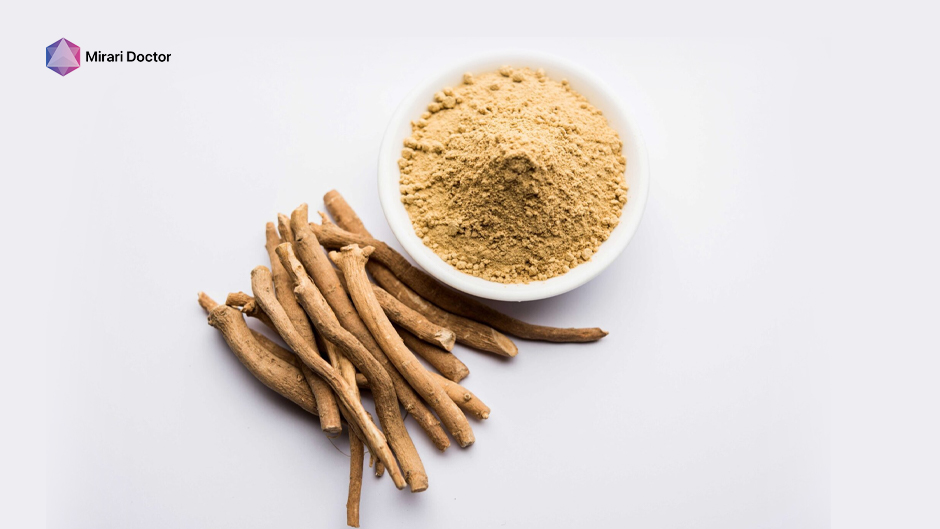
Ashwagandha and Different Types of Acne
Acne is a complex skin condition with several different causes and types. Whether ashwagandha could make acne worse or better may depend on the specific type of acne you have:
1. Hormonal Acne
Hormonal acne is tied to fluctuations in hormones, often during puberty, menstruation, pregnancy, or menopause. It is characterized by breakouts along the jawline, chin, and lower cheeks.
As discussed earlier, ashwagandha may influence hormone levels, particularly androgens like testosterone. In theory, this could aggravate hormonal acne in some people. However, there is no strong evidence that ashwagandha causes hormonal acne in otherwise healthy individuals. It is more likely to be an issue for those with existing hormone imbalances like PCOS.
2. Inflammatory Acne
Inflammatory acne refers to red, swollen pimples that are often painful. It occurs when bacteria called P. acnes gets trapped inside clogged pores, triggering an inflammatory response from the immune system.
Ashwagandha’s anti-inflammatory properties suggest it may actually be beneficial for inflammatory acne. By reducing inflammation, it may help pimples heal faster and prevent them from getting as large or painful.
3. Cystic Acne
Cystic acne is a severe type of inflammatory acne that causes large, painful cysts deep under the skin. These cysts can linger for weeks or even months. Cystic acne is influenced by hormones, inflammation, and genetics.
There is no evidence that ashwagandha directly treats cystic acne. However, its inflammation-lowering and stress-reducing benefits may provide some relief. Cystic acne often requires medical treatment from a dermatologist, such as oral antibiotics or isotretinoin.
Ashwagandha Dosage and Safety
The appropriate dosage of ashwagandha depends on the condition being treated. A typical dose is 600-1000 mg per day, taken in divided doses throughout the day. It is best to start with a lower dose and gradually increase as needed.
Ashwagandha is generally considered safe when taken by mouth short-term. The most common side effects are mild and include:
- Sleepiness
- Headache
- Stomach upset
More serious side effects are rare but can include:
- Liver damage
- Allergic reaction
- Interactions with medications like blood thinners, immunosuppressants, sedatives, and thyroid hormone drugs
Certain people should avoid ashwagandha unless directed by a doctor:
- Pregnant or breastfeeding women
- People with autoimmune diseases like lupus, rheumatoid arthritis, and type 1 diabetes
- People with thyroid disorders
- People scheduled for surgery in the next 2 weeks
Always talk to your doctor before taking ashwagandha or any other supplements, especially if you have a medical condition or take medications. They can help determine if ashwagandha is safe and appropriate for you.
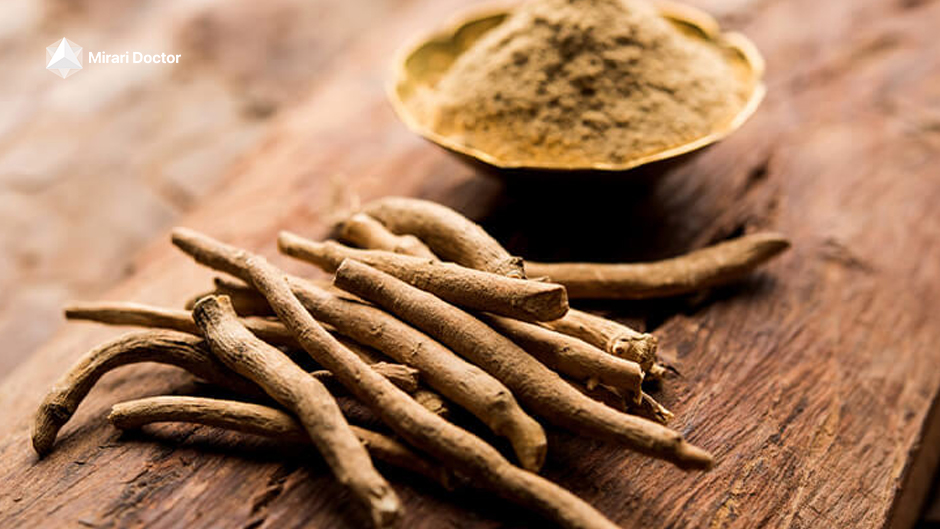
When to See a Doctor for Acne
While supplements like ashwagandha may influence acne for better or worse, they are not a substitute for proper acne treatment. If over-the-counter products and good skincare habits are not keeping your breakouts under control, it’s time to see a dermatologist.
Other signs you should seek medical advice for your acne include:
- Acne that is severe or painful, especially if it is leaving scars
- Breakouts that negatively impact your self-esteem or cause anxiety/depression
- Acne that appeared very suddenly or is in an unusual location
- You suspect your acne may be linked to a hormonal disorder like PCOS
- You have tried multiple treatments without success
A dermatologist can determine the underlying causes of your acne and prescribe stronger treatments like topical retinoids, antibiotics, hormonal therapies, or in severe cases, isotretinoin. They can also rule out other skin conditions that may resemble acne, such as rosacea, folliculitis, or dermatitis.
Conclusion
So, can ashwagandha cause acne? Based on the current evidence, ashwagandha is unlikely to be a major trigger for acne in most people. While it can influence hormone levels, the effect is not strong enough to cause significant breakouts on its own. In fact, ashwagandha’s anti-inflammatory and stress-reducing properties may actually be beneficial for acne-prone skin.
However, everyone’s skin is unique and may react differently to supplements like ashwagandha. If you notice your breakouts getting worse after starting ashwagandha, it may be worth stopping to see if your skin improves. It’s also crucial to talk to your doctor before taking ashwagandha, especially if you have any medical conditions or take medications.
Ultimately, acne is a complex condition that often requires more than just supplements to treat. A consistent skincare routine, healthy lifestyle habits, and medical guidance from a dermatologist are key for achieving clear skin in the long run. Ashwagandha may be a helpful addition for some, but it is not a magic bullet for acne.
Key Takeaways
- Ashwagandha is an adaptogenic herb used to reduce stress, boost fertility, and improve overall health.
- It may influence acne by increasing testosterone, decreasing cortisol, and modulating thyroid hormones. However, the effect is likely mild in healthy individuals.
- Ashwagandha has anti-inflammatory and antioxidant properties that could potentially benefit acne-prone skin.
- The impact of ashwagandha on acne may depend on the type of acne and individual hormone levels. More research is needed.
- Ashwagandha is generally safe but can cause side effects and interact with certain medications. Always consult a doctor before use.
- If acne is severe or not responding to over-the-counter treatments, see a dermatologist for medical guidance.
References
- Singh, N., Bhalla, M., de Jager, P., & Gilca, M. (2011). An overview on ashwagandha: a Rasayana (rejuvenator) of Ayurveda. African Journal of Traditional, Complementary and Alternative Medicines, 8(5S). https://doi.org/10.4314/ajtcam.v8i5SS.9
- Salve, J., Pate, S., Debnath, K., & Langade, D. (2019). Adaptogenic and anxiolytic effects of ashwagandha root extract in healthy adults: a double-blind, randomized, placebo-controlled clinical study. Cureus, 11(12). https://doi.org/10.7759/cureus.6466
- Lopresti, A. L., Drummond, P. D., & Smith, S. J. (2019). A randomized, double-blind, placebo-controlled, crossover study examining the hormonal and vitality effects of ashwagandha (Withania somnifera) in aging, overweight males. American Journal of Men’s Health, 13(2), 1557988319835985. https://doi.org/10.1177/1557988319835985
- Ambiye, V. R., Langade, D., Dongre, S., Aptikar, P., Kulkarni, M., & Dongre, A. (2013). Clinical evaluation of the spermatogenic activity of the root extract of Ashwagandha (Withania somnifera) in oligospermic males: a pilot study. Evidence-Based Complementary and Alternative Medicine, 2013. https://doi.org/10.1155/2013/571420
- Chandrasekhar, K., Kapoor, J., & Anishetty, S. (2012). A prospective, randomized double-blind, placebo-controlled study of safety and efficacy of a high-concentration full-spectrum extract of ashwagandha root in reducing stress and anxiety in adults. Indian Journal of Psychological Medicine, 34(3), 255. https://doi.org/10.4103/0253-7176.106022
- Sharma, A. K., Basu, I., & Singh, S. (2018). Efficacy and safety of ashwagandha root extract in subclinical hypothyroid patients: a double-blind, randomized placebo-controlled trial. The Journal of Alternative and Complementary Medicine, 24(3), 243-248. https://doi.org/10.1089/acm.2017.0183
- Sikandan, A., Shinomiya, T., & Nagahara, Y. (2018). Ashwagandha root extract exerts anti‐inflammatory effects in HaCaT cells by inhibiting the MAPK/NF‐κB pathways and by regulating cytokines. International Journal of Molecular Medicine, 42(1), 425-434. https://doi.org/10.3892/ijmm.2018.3608
- Misar, A., Mujumdar, A. M., & Ruikar, A. (2014). Evaluation of anti-acne activity of Withania somnifera. Journal of Cosmetic Dermatology, 13(4), 339-340. https://doi.org/10.1111/jocd.12113
- Khyati, S., & Anup, T. (2013). A review on Withania somnifera Dunal (Ashwagandha). Int J Res Ayurveda Pharm, 4(1), 129-134. https://doi.org/10.7897/2277-4343.04127
- Pratte, M. A., Nanavati, K. B., Young, V., & Morley, C. P. (2014). An alternative treatment for anxiety: a systematic review of human trial results reported for the Ayurvedic herb ashwagandha (Withania somnifera). The Journal of Alternative and Complementary Medicine, 20(12), 901-908. https://doi.org/10.1089/acm.2014.0177
Related articles
Made in USA
